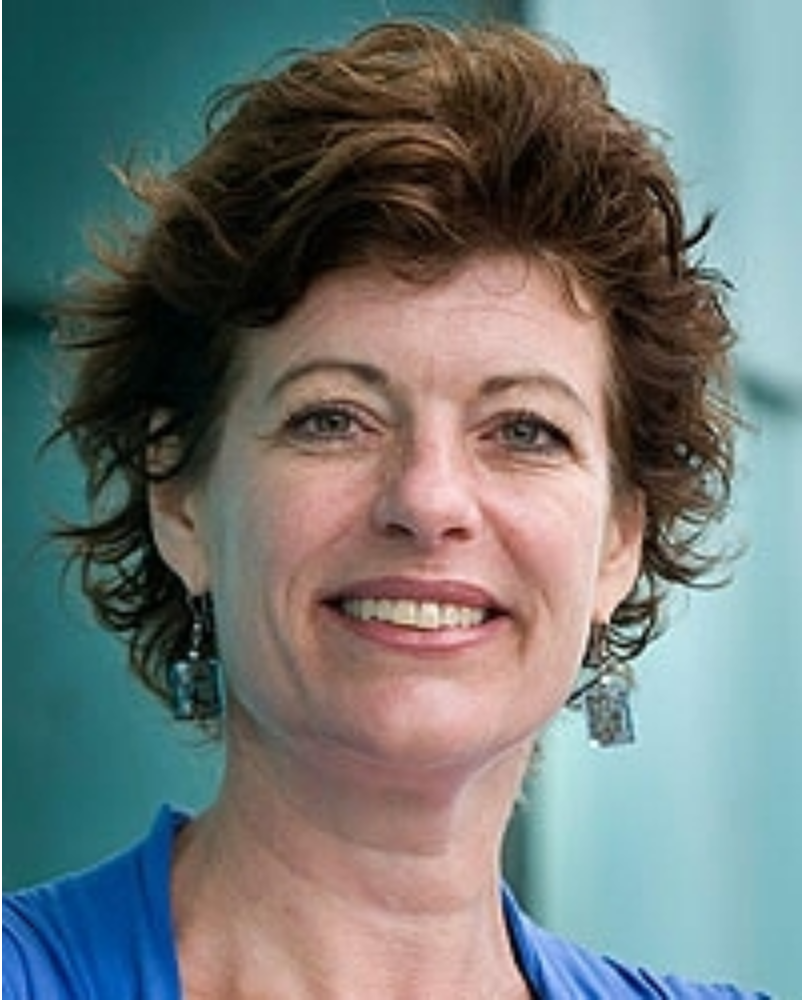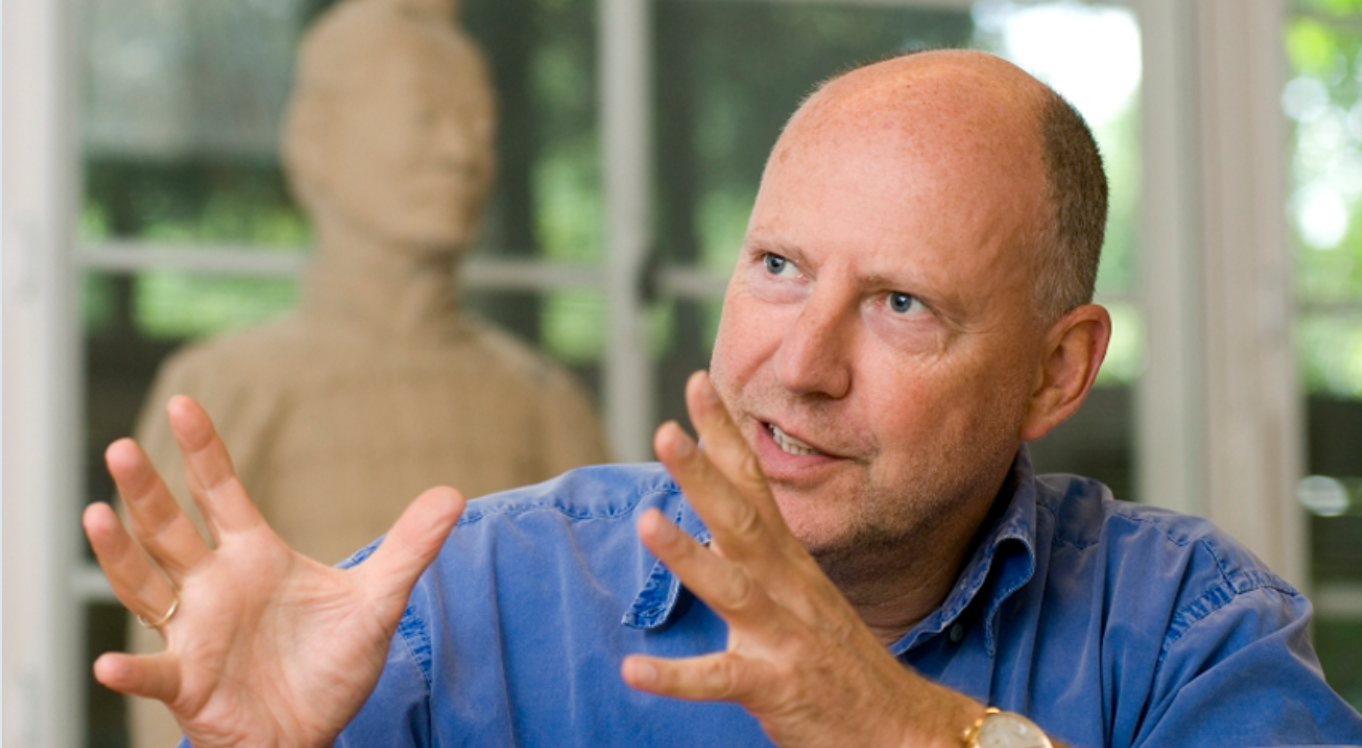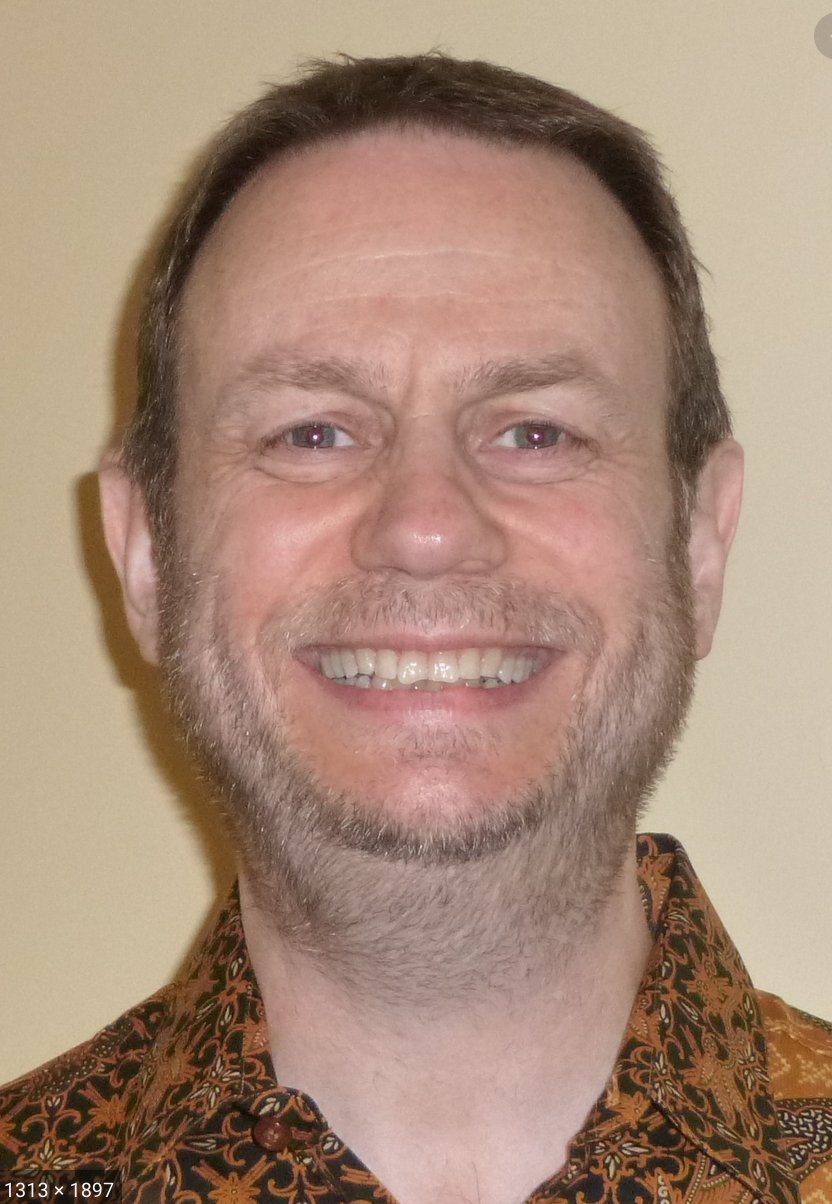 Mirjam de Bruijn is professor in African Studies at Leiden University, The Netherlands. She is based at the History Institute and at the African Studies Centre. Her research is interdisciplinary at the crossroads of Anthropology, communication studies, conflict studies and History. Since 2006 she follows the advancement of new Information and Communication Technologies in Africa and how this has transformed the socio-political landscape. Another focus of her work is crisis and conflict. She is director of the foundation Voice4Thought that combines academic research with artistic practices to create societal impact. To do so they have developed a form of citizen science and co-creation of knowledge has been developed. Mirjam received various grants and prizes. She has published widely.
Mirjam de Bruijn is professor in African Studies at Leiden University, The Netherlands. She is based at the History Institute and at the African Studies Centre. Her research is interdisciplinary at the crossroads of Anthropology, communication studies, conflict studies and History. Since 2006 she follows the advancement of new Information and Communication Technologies in Africa and how this has transformed the socio-political landscape. Another focus of her work is crisis and conflict. She is director of the foundation Voice4Thought that combines academic research with artistic practices to create societal impact. To do so they have developed a form of citizen science and co-creation of knowledge has been developed. Mirjam received various grants and prizes. She has published widely.
Richard Heeks is Chair in Development Informatics at the Global Development Institute, University of Manchester; and Director of the Centre for Digital Development. He has been consulting and researching on digital and development for more than 30 years and his most-recent book publication is Information and Communication Technology for Development (2018). His research interests are data-intensive development, e-resilience and e-sustainability, and the digital economy in developing countries. He is currently a co-investigator on the Fairwork programme; an action research initiative to improve the working conditions of people employed in the gig economy. He has a PhD in Indian IT industry development, directs the MSc programme in ICTs for Development, and runs the ICT for Development blog.
Leen Zevenbergen was, after his high school in The Netherlands and in Texas, trained as an economist and accountant. He holds a m asters degree in Business Accounting from the Erasmus University in Rotterdam. After his graduation he quickly discovered that being employed (at Philips Corporate Accounting)was not the way forward for him. At age 24 he started his first company, called Bolesian. This was the first Artificial Intelligence company in The Netherlands. Being the master of his own destiny he started another 20 companies after this first one, among them companies in areas like Virtual Reality and Computer Graphics (based in Silicon Valley. Most companies were technology oriented, in software (Escador), in renewable energy (Solarus.com) and in Education (Ubiquity University).
asters degree in Business Accounting from the Erasmus University in Rotterdam. After his graduation he quickly discovered that being employed (at Philips Corporate Accounting)was not the way forward for him. At age 24 he started his first company, called Bolesian. This was the first Artificial Intelligence company in The Netherlands. Being the master of his own destiny he started another 20 companies after this first one, among them companies in areas like Virtual Reality and Computer Graphics (based in Silicon Valley. Most companies were technology oriented, in software (Escador), in renewable energy (Solarus.com) and in Education (Ubiquity University).

